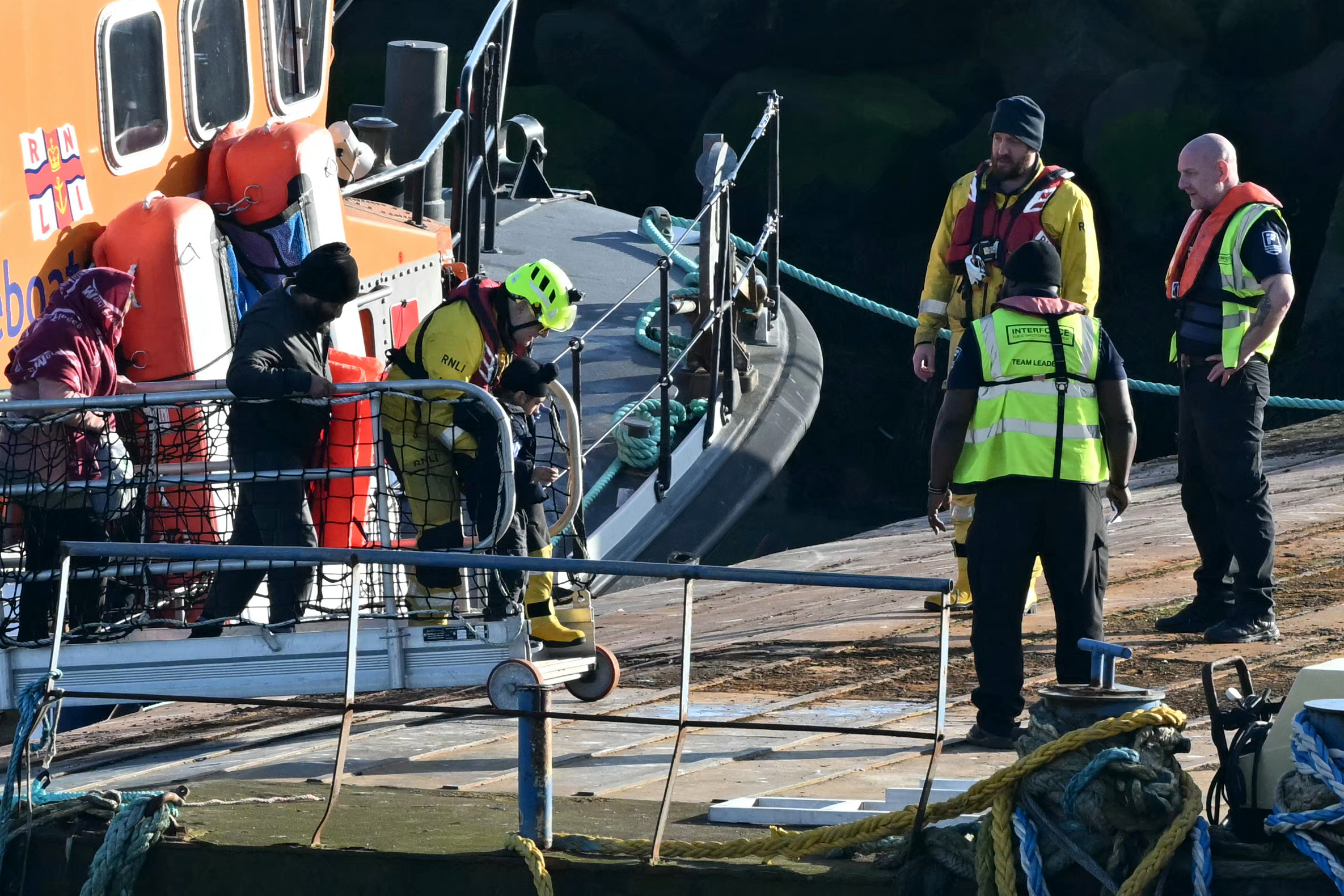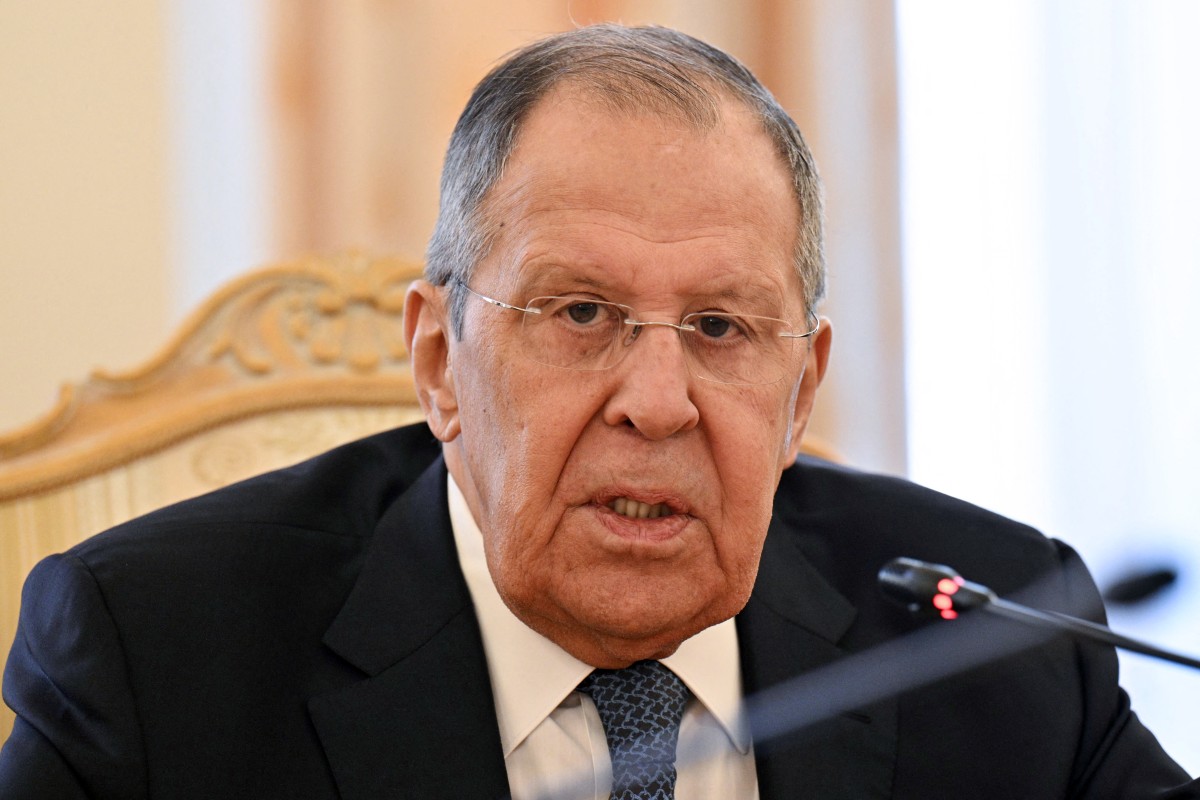Pakistan says India using Afghan soil to fuel terror attacks
PESHAWAR/ISLAMABAD: Pakistan’s military on Friday slammed India for using Afghan territory to launch terror attacks inside Pakistan, warning that the state would no longer tolerate those facilitating militant groups operating against the country’s security interests.
Addressing a press conference at the Corps Commander's House in Peshawar, Lt. Gen. Ahmed Sharif Chaudhry, director general of the Inter-Services Public Relations (ISPR), said the surge in terrorism was linked to the “use of Afghan soil by hostile intelligence agencies,” primarily India’s Research and Analysis Wing (RAW).
“Afghanistan is being used as a base of operations against Pakistan for terrorism,” Lt. Gen. Sharif said.
“There is proof and evidence of that,” he added. “To protect the lives and property of Pakistanis, we will take whatever steps are necessary and we will continue to do so.”
He warned that those facilitating terrorists have only three choices: “Hand over the militants to the state, join hands with national institutions to fight terrorism, or face decisive action.”
“The status quo will not work anymore,” the military spokesperson said.
Rising terror threat and Pakistan’s response
He highlighted that Pakistan has witnessed a renewed surge in terrorism in recent years, particularly in Khyber Pakhtunkhwa (KP) and Balochistan provinces, and said security forces have responded with full resolve.
In 2024, he said, 14,535 intelligence-based operations (IBOs) were conducted across the country, averaging about 40 a day. These operations resulted in the elimination of 769 terrorists, while 577 Pakistanis, including 272 army personnel, 140 police officers, and 165 civilians, lost their lives.
In 2025, up to mid-September, security forces carried out 1,015 IBOs, killing 917 terrorists but also suffering 516 casualties, including 311 army personnel, 73 police, and 132 civilians.
“The Pakistan Army, law enforcement agencies, and the people of Pakistan remain united and committed to uprooting terrorism once and for all,” Lt. Gen. Sharif said. “Our response has been firm, and it will continue to be so.”
He called for the strengthening of anti-terrorism courts to ensure speedy prosecution of terrorists and their facilitators, noting that weak governance and inadequate legal follow-up have hindered long-term peace efforts.
Afghan connection and cross-border concerns
Lt. Gen. Sharif said the failure to fully implement the National Action Plan (NAP), along with the availability of safe havens and modern weapons in Afghanistan, had contributed to the rise in terrorist attacks.
He said 161 Afghan nationals were killed in terrorism-related incidents in Pakistan, while another 135 were killed while attempting to cross the border illegally. Around 30 suicide bombers in the past two years were also identified as Afghan citizens, he added.
Sharif further linked the growing militant capability to weapons left behind in Afghanistan following the US withdrawal. “According to the SIGAR report, $7.2 billion worth of American military equipment remained in Afghanistan and has now fallen into the hands of militants,” he said.
Referring to the Doha Agreement, he reminded the Afghan authorities of their commitment that Afghan soil would not be used against any neighboring country. “Unfortunately, that promise has not been fulfilled,” he said.
The DG ISPR reiterated that Pakistan’s security cannot be outsourced and that the state “will act decisively” against any foreign or domestic threat.
Rejecting negotiations and appeasement
Responding to a question about possible negotiations with terrorist groups, Lt. Gen. Sharif ruled out any talks, saying such measures had failed in the past.
“History shows that appeasement only emboldens terrorists,” he said. “In our faith and in our history, major battles like Badr were never won through negotiation but through steadfastness and unity.”
He criticized what he called a “political-criminal nexus” seeking to undermine counterterrorism efforts by spreading false narratives. “These elements weaken national resolve, but Pakistan’s armed forces and people stand as a solid wall against terrorism,” he said.
Kabul strikes and regional diplomacy
Responding to questions about reported airstrikes in Kabul targeting Tehreek-e-Taliban Pakistan (TTP) chief Noor Wali Mehsud, Lt. Gen. Sharif did not directly confirm the incident but said Pakistan “will take every step necessary” to defend its people and territory.
“Our engagement with Afghanistan continues both directly and through friendly countries such as Saudi Arabia, the UAE, Qatar, China, the United States, and Turkey,” he added. “All agree that non-state armed groups operating from Afghan soil pose a grave threat to regional stability.”
Political support and government action
Earlier this week in Islamabad, Defense Minister Khawaja Asif echoed the military’s concerns, saying Pakistan could no longer tolerate “unbearable” security challenges emanating from across the border.
Speaking at the National Assembly on Thursday, Asif announced plans to send a government delegation to Kabul to press Afghanistan to take action against militant groups using its territory.
“Our political community must speak with one voice on this issue,” Asif said. “Stand with our armed forces, with the martyrs, and with the veterans.”
He warned that sanctuaries aiding militants, “whether on this side or Afghan soil,” would face consequences. “If ten people from a sanctuary attack one of our convoys, the response will come. Collateral damage may occur, and those who shelter militants will also pay the price,” he cautioned.
International concern
Pakistan’s concerns about cross-border militancy were recently highlighted at the United Nations, where Prime Minister Shehbaz Sharif urged the Afghan interim authorities to ensure their territory is not used for terrorism. A UN Security Council monitoring report in July also confirmed that the TTP continues to train and operate from Afghan camps.
Lt. Gen. Sharif concluded his press conference with a message of unity and resilience. “Terrorists have no religion and serve no cause but their own greed,” he said. “This is not just a war on terror, it is a war of conscience. Pakistan will defend every inch of its land, every life of its citizens, and the dignity of its people.”
Latest News
South Africa thrash West Indies in T20 World Cup statement win
14 MINUTES AGO

Nearly 8,000 died or vanished on migrant routes in 2025: UN
42 MINUTES AGO

Russian says 'no deadlines' to end Ukraine war
2 HOURS AGO

Merz says Germany, China must overcome trade gaps 'together'
4 HOURS AGO

Pakistani, European ministers agree on coordinated strategy to combat illegal migration
4 HOURS AGO


